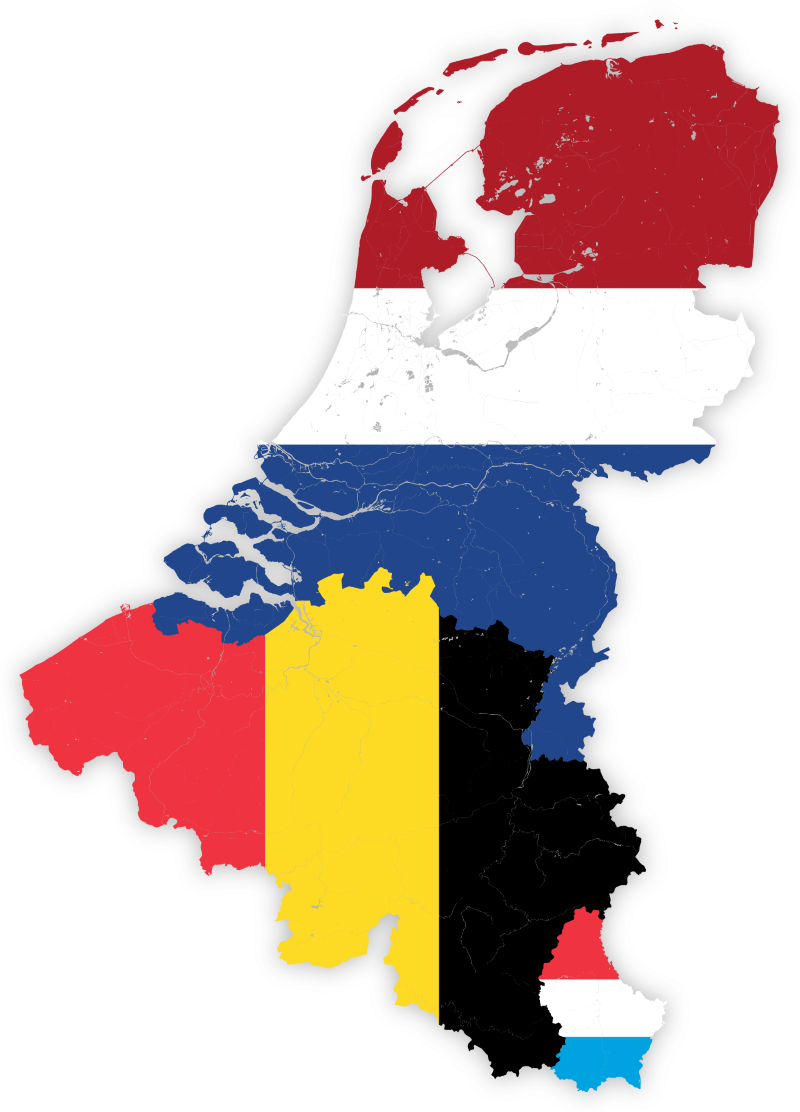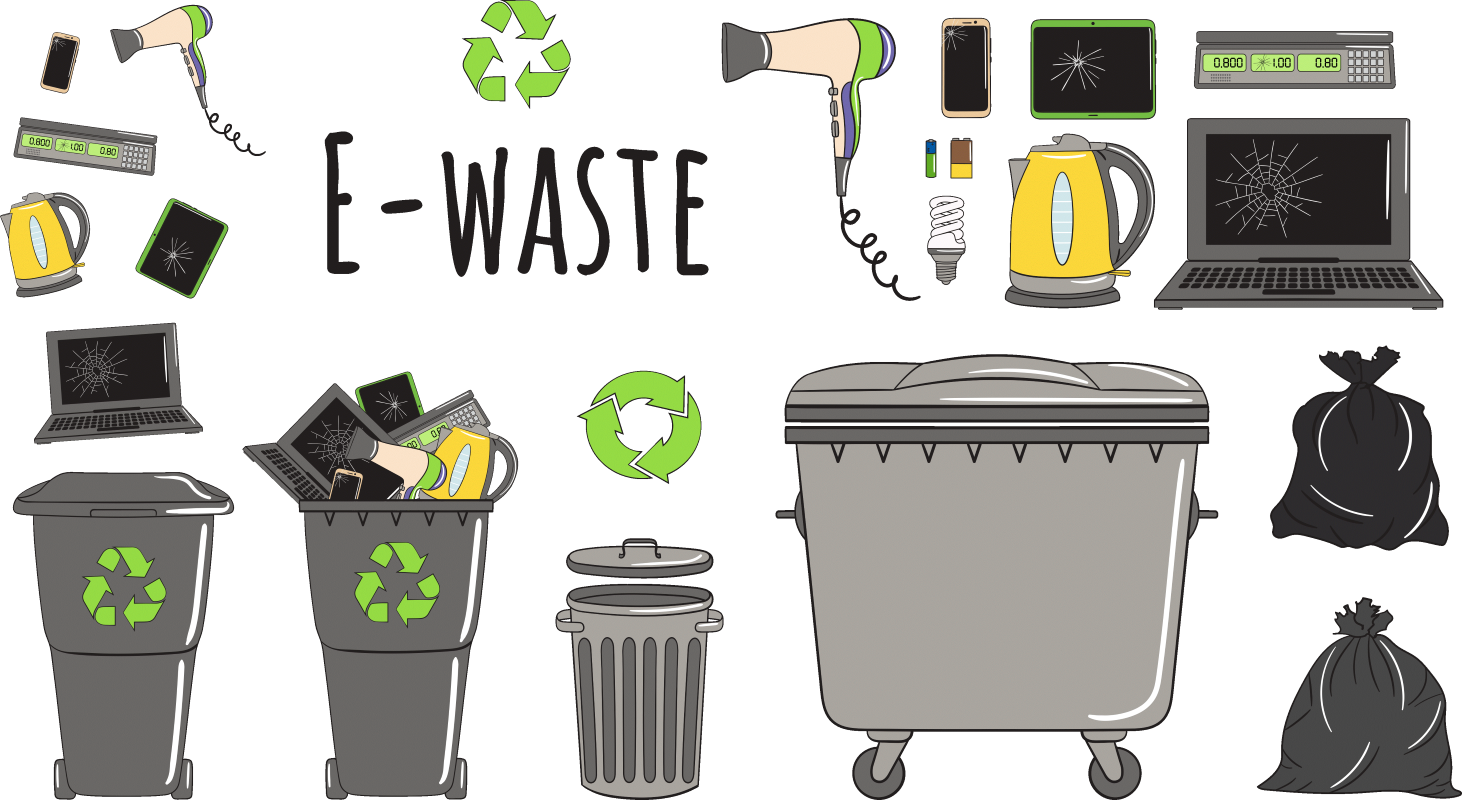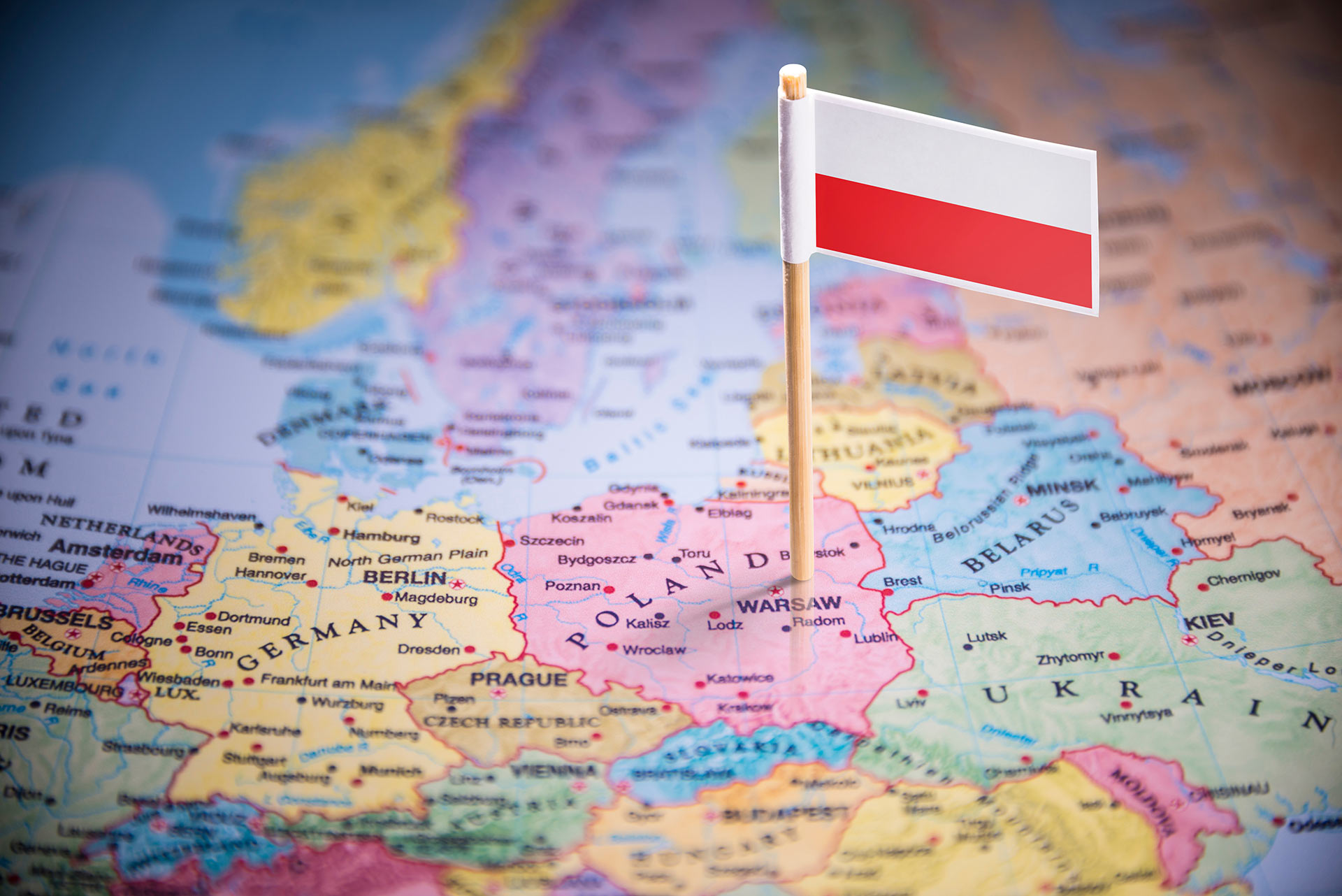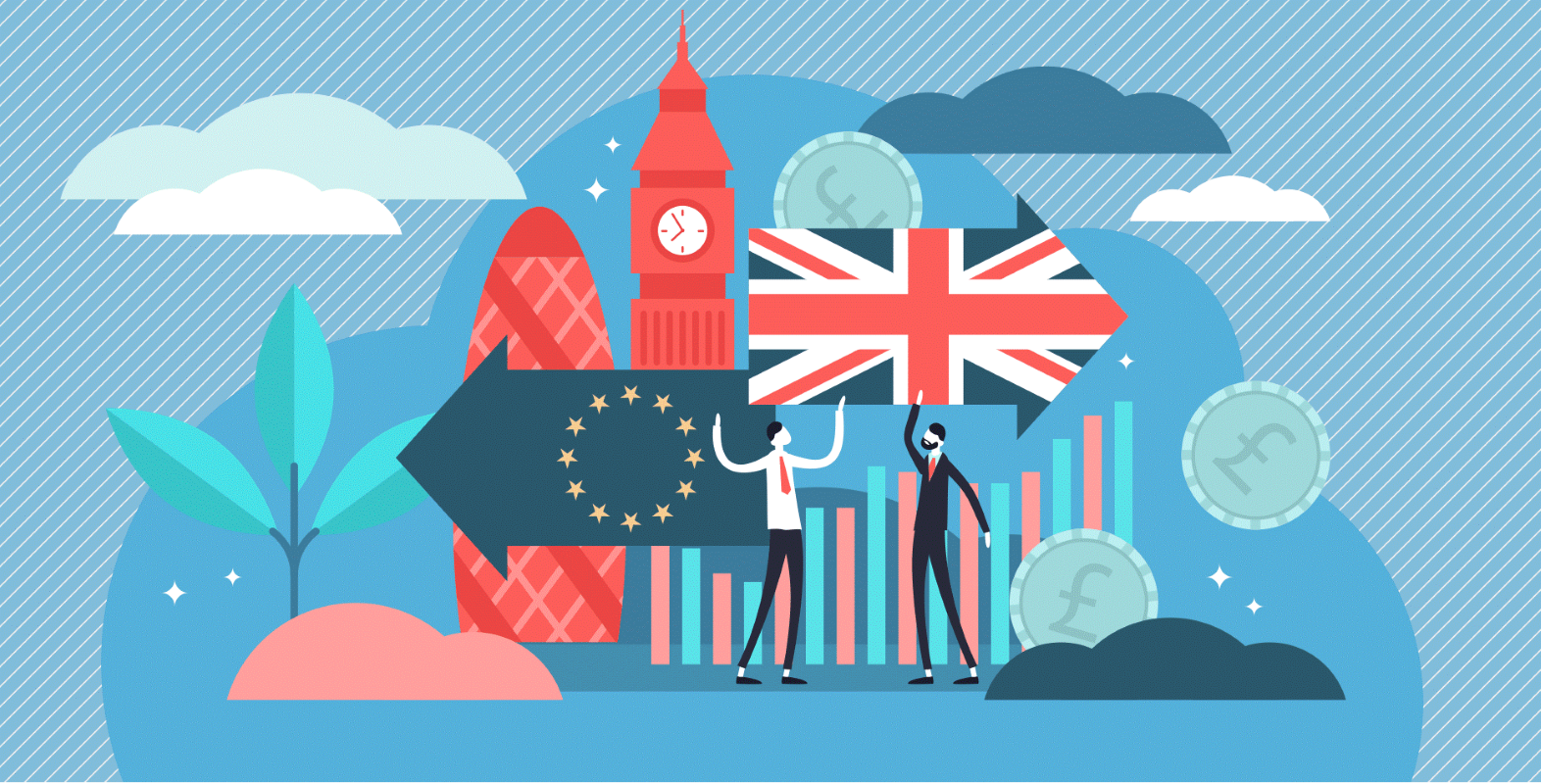EPR in the Netherlands
The Netherlands has regulated its EPR provisions since 2020 via the “Besluit regeling voor uitgebreide producentenverantwoordelijkheid“ but has already stipulated by law since the 1990s that producers and importers must participate in the disposal of their products. There are further specific laws on packaging, electrical and electronic equipment, and batteries. In addition, as a producer or distributor of car tires, you must take must assume at least partial responsibility for the disposal of the materials.
If you want to import batteries into the Netherlands or produce them there, you must notify the Rijkswaterstaat authority and renew the notification annually.
As a distributor of electrical and electronic goods, you are obliged to register in the national (W)EEE register. In addition, you must report annually to Rijkswaterstaat on the results of your EPR efforts.
With regard to packaging, distributors in the Netherlands only have to comply with EPR requirements and register if they place more than 50 tons per year on the Dutch market. If you reach this amount, you have to pay your share into the “Afvalfonds Verpakkingen” to cover the costs of disposal. In addition, you must report annually to the ILT (Inspectie Leefomgeving en Transport) and state what quota you have achieved in recycling.
Extended producer responsibility in Belgium
Various regional regulations apply to electrical and electronic equipment in Flanders, the Brussels district and Wallonia, which in turn are coordinated by an institution at national level (the Coordinating Committee for International Environmental Policy, or CCIEP). As a distributor of products in this category, you are obliged to take back and recycle old equipment. A take-back and compliance system called Recupelhas been set up for all three regions. This maintains return points and offers, among other things, the collection of old appliances in order to send them for recycling.
Waste generated by private households as end users is collected and recycled according to the principle of shared responsibility. Here, too, the three state regions are each responsible for this themselves. In the case of packaging, however, all three regions have agreed on uniform EPR specifications through the “Interregional Cooperation Agreement” and the Belgian packaging industry has founded its own institution, VALIPAC. This institution collects and recycles packaging materials for its member companies and acts as a monitoring body.
According to Belgian regulations, you as the distributor of packaging or packaged products must recycle at least 80 percent of the materials. You have to prove to the competent authority (IVCIE) that you have reached this quota. Companies that supply more than 100 tons of packaging material to the Belgian market each year are also required to submit a waste prevention plan.
The packaging recycling requirements do not apply if you place less than 300 kilograms of disposable packaging on the market, regardless of whether it remains as waste in industry or at private households.
Luxembourg & the Extended Producer Responsibility (EPR)
Customers who purchase an electrical or electronic appliance in Luxembourg pay a fee. The costs of collecting and recycling the waste equipment are covered on the one hand by these fees, and on the other hand by financial resources from producers, importers and distributors. As a distributor of electrical products in Luxembourg, you are on the one hand obliged to take back the goods free of charge at the end of their life cycle. On the other hand, you must either register with the environmental authority or join an officially approved collection program, such as Ecotrel, and bear the costs. In addition, you must inform the Environment Agency annually, no later than April 30, of how many electrical and electronic equipment items you place on the market, how many end-of-life items you generate, and what percentage you recycle.
If you place packaging materials on the Luxembourg market, you must recycle a certain percentage of the total amount generated each year and provide proof of this. For glass and paper as well as cardboard, this quota is 60 percent, for metal 50 percent, for plastic 22.5 percent and for wood 15 percent. In Luxembourg, you as a distributor are required to register from the first kilogram of packaging. You are also obliged to carry out audits.
Do you need advice or assistance in fulfilling your obligations in Belgium, Luxembourg or the Netherlands? Contact us!



